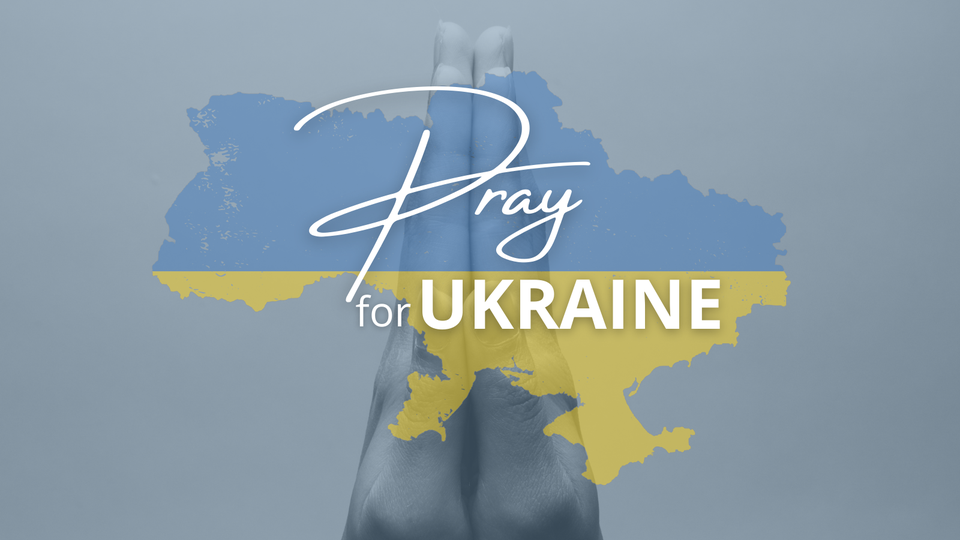Edited on December 8, 2022 by the author.
By Fr. Jeffrey D. Stephaniuk
“It is common enough to blame Rome for not making peace. But it was a true popular instinct that there could be no peace with that sort of people.” — G. K. Chesterton, The Everlasting Man
G.K. Chesterton, the English author, has a description in The Everlasting Man of “a war that changed the world.” He is writing about ancient Rome versus Carthage, a victory that earned Rome the designation as “the eternal city”; but he could very well have been describing Ukraine’s war of defence against Russian invasion: “If the Romans were ruthless, it was in a true sense to an enemy and certainly not merely a rival”; and nations “fight hardest when they feel that the foe is at once an old enemy and an eternal stranger.” What Chesterton explains about ancient Rome versus ancient Carthage makes Ukraine -Rome against Russia as Carthage and Putin as another Hannibal, “The Grace of Baal.” Baal was the idol to which innocent lives were sacrificed. Ukraine, like ancient Rome, represents hearth and home and family and children, while Russia, like Moloch, “had eaten her own children.” Ukraine defends innocent human life, but Russia destroys it in order to fuel its very existence every time an ambulance is fired upon, or a daycare, hospital, including psychiatric and maternity hospitals, or a growing list of burning urban suburbs. First Ukrainian civilians are dehumanized with the rationalization that all they as Russians are doing is bombing co-ordinates on a map; then they have a perverted justification for the murder of human beings who are not even remotely associated with military targets. While the use of civilians as human shields or the calculated destruction of civilians is considered a legitimate military tactic by the Russians, its intentional use by the Russian army, air force, and navy in Ukraine is shocking and incomprehensible. I have been thinking about something my father, William, said ever since the invasion began on February 24. One day, several decades after he had returned to civilian life, we were unloading a moving truck at my brother’s new apartment, and out of the blue he announced, “Boys, I know how to blow up a bridge. But I’m never, ever, going to show you.” He was obviously processing a memory from the years he spent in the Active Canadian Army, 1942-1946, during the Second World War. He explained his comment by saying that what the army taught a soldier to do against soldiers was never to be used against civilians. Ever. It is a difference in the culture of war or morality of war, as represented by Ukraine in 2022 in opposition to that of Russia. Volodymyr Zelenskyy, the sixth and current President of Ukraine, made a symbol out of the birth of a child in the same manner that I imagine Chesterton envisioning the heart of ancient Rome: “We will defend ourself as intensely and for as long as is necessary in order to liberate our country. If children can be born in bomb shelters during air raids, that’s enough to convince me that the enemy stands no chance in defeating us in what has undoubtedly become a war for the very survival of a nation.” Hearth and home in opposition to the sacrifice of innocents. “Can any man in his senses compare the great wooden doll,” writes Chester- ton about ancient Italian religion, “whom the children expected to eat a little bit of the dinner, with the great idol who would have been expected to eat the children?” Ukraine, you are Ancient Rome, you are human civilization.
Originally published in: UCC Saskatchewan Fall-Winter 2022 issue of Visnyk | Вісник КУК у Саскачевані | осінь-зима 2022 | 19 https://www.ucc.sk.ca/en/articles/865-fall-winter-2022-issue-of-visnyk

